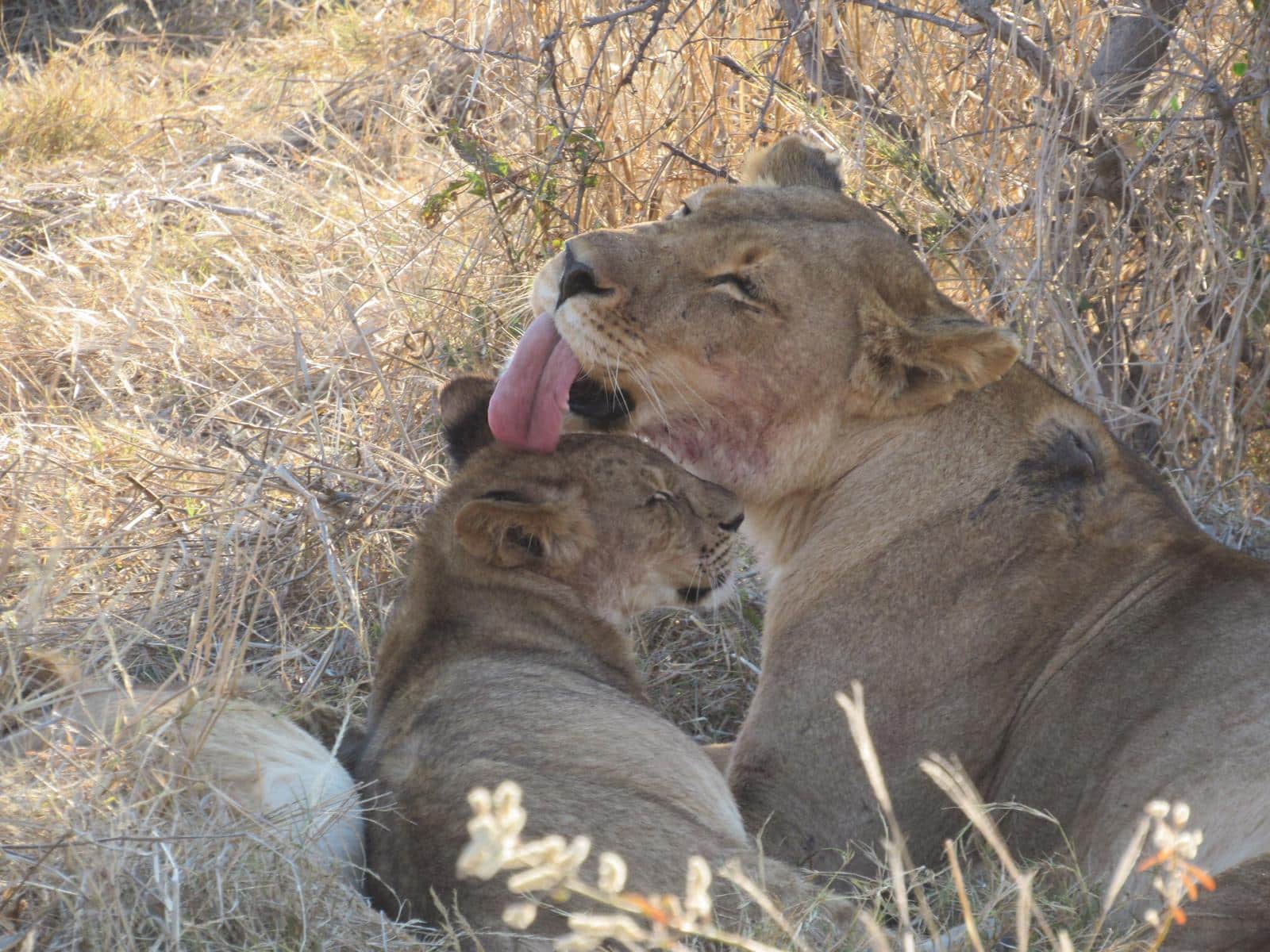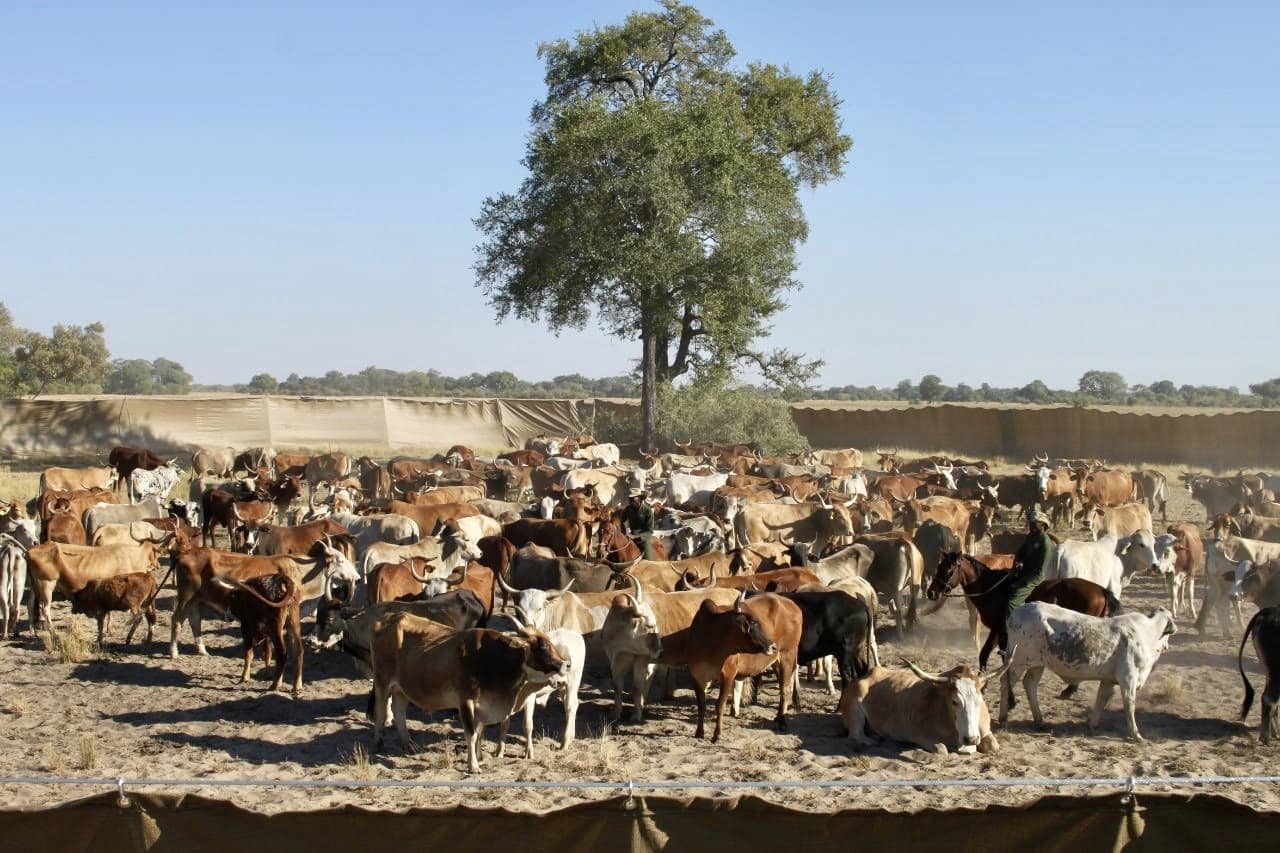A recent study by CLAWS Conservancy suggests that new strategies are successfully reducing the decline of lions, and setting a good example for future projects.
The LRF funds CLAWS Conservancy in the northern Okavango Delta of Botswana. CLAWS works with local farmers to improve management of livestock to protect rangelands and reduce human-lion conflict. These efforts are designed to promote coexistence between people and lions and reduce the high levels of retaliatory killing that occurred prior to the onset of the project. New research on the project suggests that these efforts are indeed reducing retaliatory killings and improving human tolerance of lions.
Humans are contributing to large carnivore declines around the globe, and conservation interventions should focus on increasing local stakeholder tolerance of carnivores and be informed by both biological and social considerations. In the Okavango Delta, we tested new conservation strategies alongside a pre-existing government compensation program. The new strategies included the construction of predator-proof livestock enclosures, the establishment of an early warning system linked to GPS satellite lion collars, depredation event investigations, and educational programs.
We conducted pre- and post-assessments of villagers’ livestock management practices, attitudes towards carnivores and conservation, perceptions of human–carnivore coexistence, and attitudes towards established conservation programs. Livestock management levels were low and 50% of farmers lost livestock to carnivores, while 5–10% of owned stock was lost. Respondents had strong negative attitudes towards lions, which kill most depredated livestock.
Following new management interventions, tolerance of carnivores significantly increased, although tolerance of lions near villages did not. The number of respondents who believed that coexistence with carnivores was possible significantly increased. Respondents had negative attitudes towards the government-run compensation program, citing low and late payments, but were supportive of the new management interventions. These efforts show that targeted, intensive management can increase stakeholder tolerance of carnivores.
The LRF will continue to support effective programs like those of CLAWS Conservancy to better engage communities that share spaces with lions and offer innovative solutions that promote coexistence and lion tolerance.



